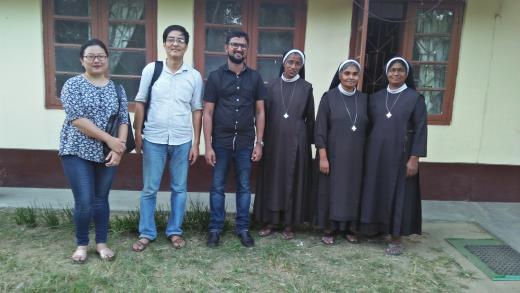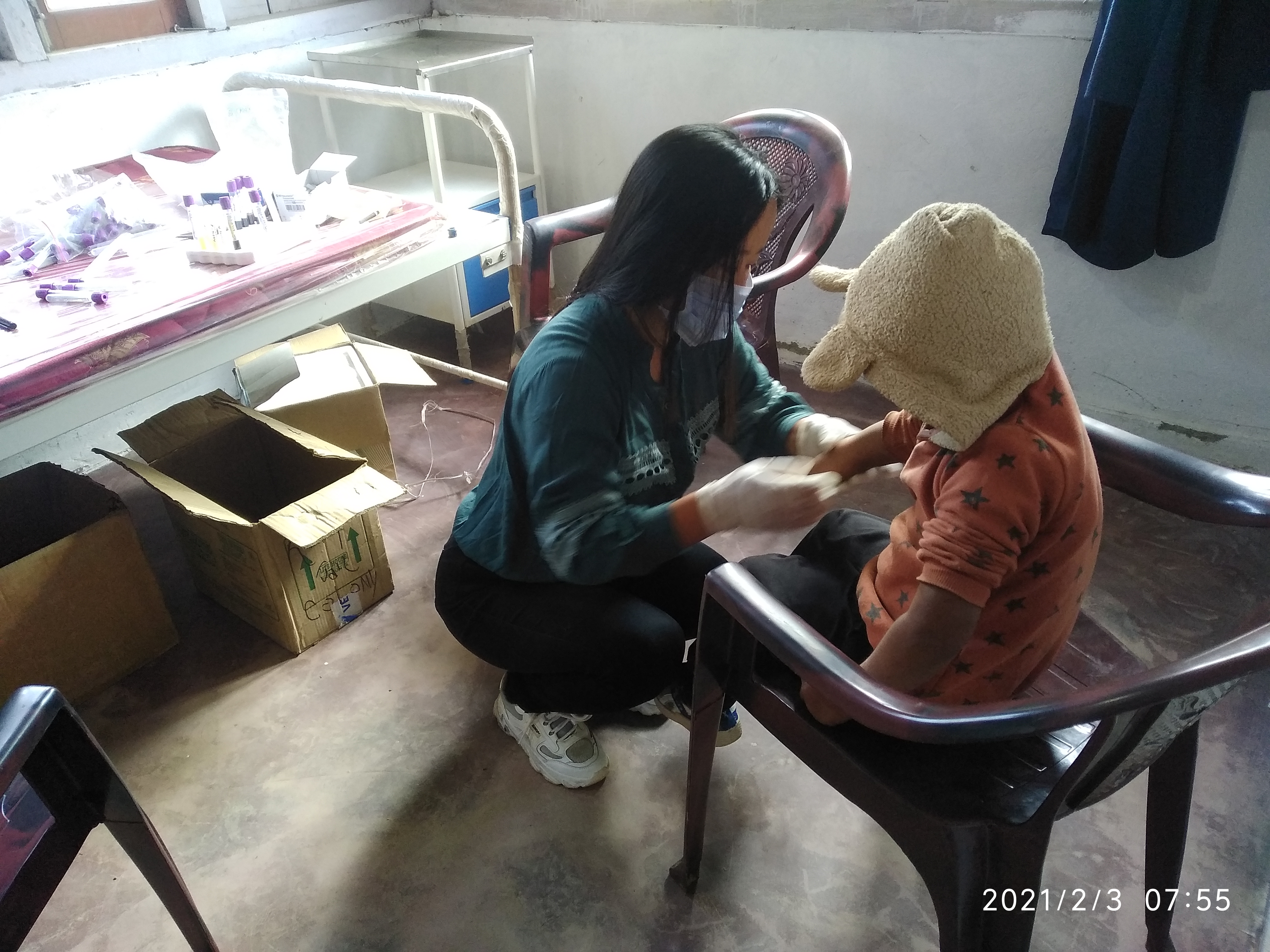Improving access to services to Children Living with HIV
Experience from North East (India)
An estimated number of 79,000 children are living with HIV (CLHIV) in India(Sankalak 2020, National AIDS Control Organization), which is 3.4% of the total PLHIV (people living with HIV) estimates in the country. Around 3,128 children are living with HIV in the states of Manipur, Mizoram and Nagaland in Northeast India where I-TECH India started working in the year 2017. Majority of these children live with either one or both the parents, or caretakers. There are many children who lost both the parents to HIV and do not have any caretakers. A good number of such children are taken care of by childcare homes run by non-governmental organisations. While most of the children at the care homes are orphans, some of them have one of the parents alive, who are not able to take good care of them, due to financial constraints or other issues. These childcare homes have established linkages with the nearest ART centre for addressing the monthly treatment needs of the children (CLHIV).
In early 2019, I-TECH India started working with Chavara Home, one of the care homes for CLHIV in Dimapur, Nagaland. Established in 2008, Chavara Home works primarily in the domain of Child and Youth Development, Gender, Education and Health.

I-TECH India team at Chavara Home
At that time, a major challenge faced by the home was the need to take these children (CLHIV) to the ART centre every month for ART pill pick up. This was difficult as the children had to attend school classes every week (Monday – Saturday) during the working hours of the ART centre, and on Sunday the ART centres were closed. I-TECH India worked with the Nagaland State AIDS Control Society (NSACS) and the ART centre and established an institution-based ART refill facility at Chavara Home in April 2019. Under this model, children who are stable on treatment get their ART delivered at the institution itself, while they must visit the ART centre only once in six months for clinical monitoring. Provisions are also being made to make this facility available to the unstable children as well, by building the capacities of the institutional staff to monitor these children and reach out to the ART centre, as and when required. Later, I-TECH India initiated viral load sample collection also at the institution, thereby reducing the further need for the children to visit the ART centre.
During 2019-20, I-TECH India expanded this intervention to four more CLHIV care homes in the region: a) Cradle Ridge, Kohima (Nagaland); b) Tabitha Home and c) Carmel Jyoti, Imphal (Manipur); and d) Gan Sabra, Aizawl (Mizoram). In addition to the provisions for ART refill and viral load testing, wherever needed, I-TECH India is making additional services available at these child care homes/institutions such as – monthly visit by clinician for routine health examination, managing opportunistic infections and other side effects, assessing ART adherence, prescribing age-appropriate ART dosage and making referrals for specialized care, if needed, growth and developmental assessment, psychosocial counselling, training of peer leaders as treatment supporters, and capacity building of the caretakers.

Viral load camp at child care home
This institution-based ART refill intervention has proved successful in managing the children living with HIV (CLHIV) in the region with quality care and treatment services. As of June 2021, more than 200 CLHIV got benefitted through this intervention.
Click here to download pdf